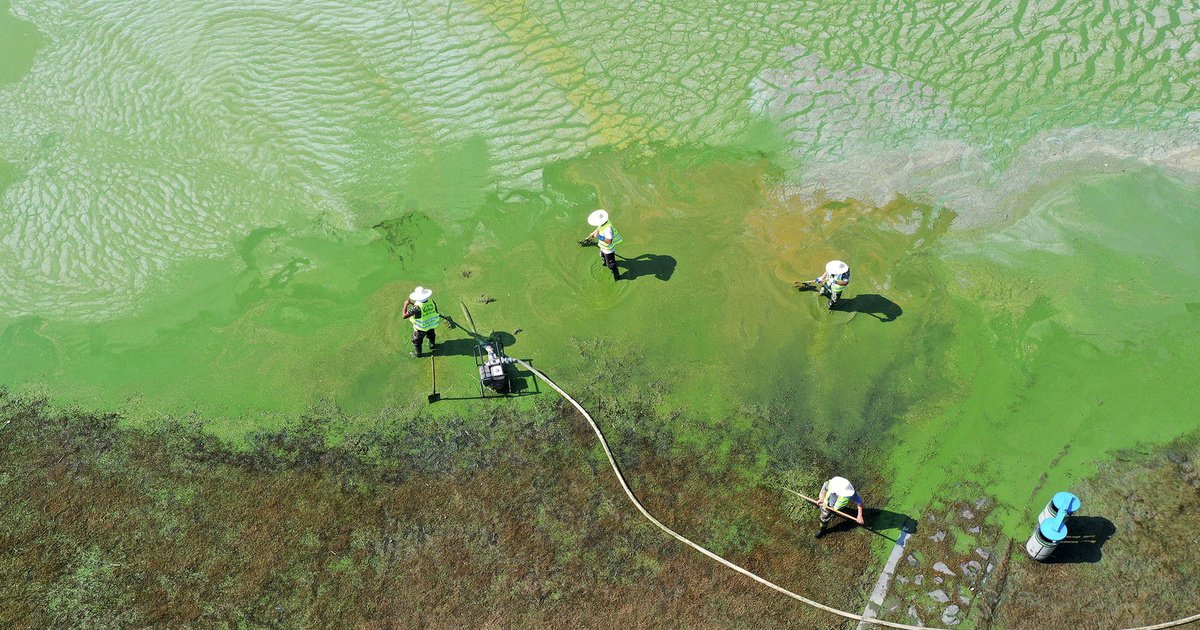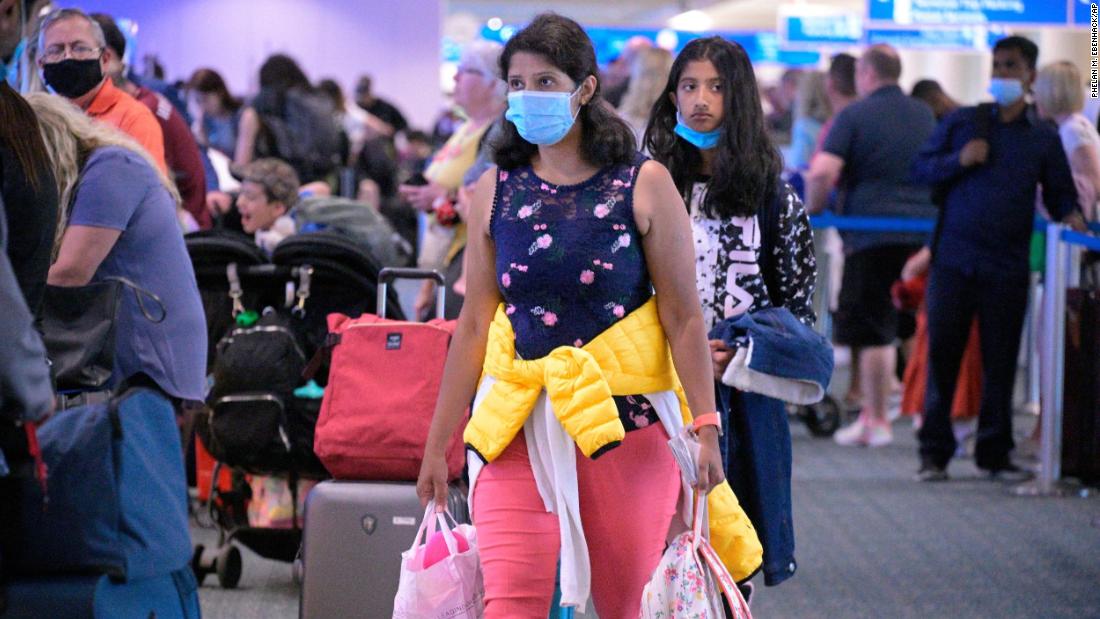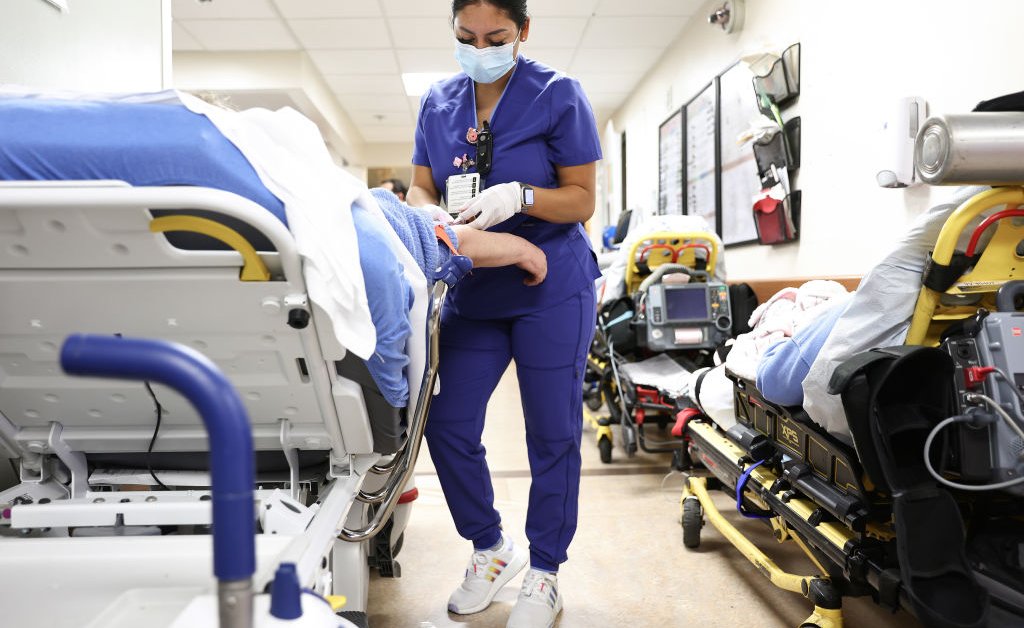I am referring to units such as the Mitsubishi Lossnay I have here in my home. These units contain an heat exchanger, which transfer enthalpy (energy) from the warm air being expelled to the cold air flowing in. This can recover between 70%-80% of the enthalpy of air.How does increased ventilation save $$? The added up front cost plus potential increased operating costs seems like a deterrent to me. I'm generally curious and would appreciate hearing more on it.
In a modern house, with well insulated walls, roof and windows (as my one) the energy required for warming the air being exchanged represent 30-50% of the total energy demand. Saving 70-80% of that energy demand reduces significantly the cost for heating. Something around 500 € /year.
Same for air refrigeration during summer, here the saving is around 250 €/year.
Here in Italy buildings are classified in terms of energy requirement, from class A+++ down to class G.
The lower-energy-requirement classes, starting from A to A+++, can be reached only by installing controlled mechanical ventilation units.
Here more info:

Mechanical ventilation with heat recovery - Centre for Sustainable Energy
Mechanical ventilation with heat recovery is a whole-house ventilation system that extracts damp air and draws in fresh air from outside
Wall-Mounted Ventilation System | Mitsubishi Electric
The Lossnay VL-100(E)U5-E wall mounted ventilation units supply fresh air inside a room in an energy efficient manner







